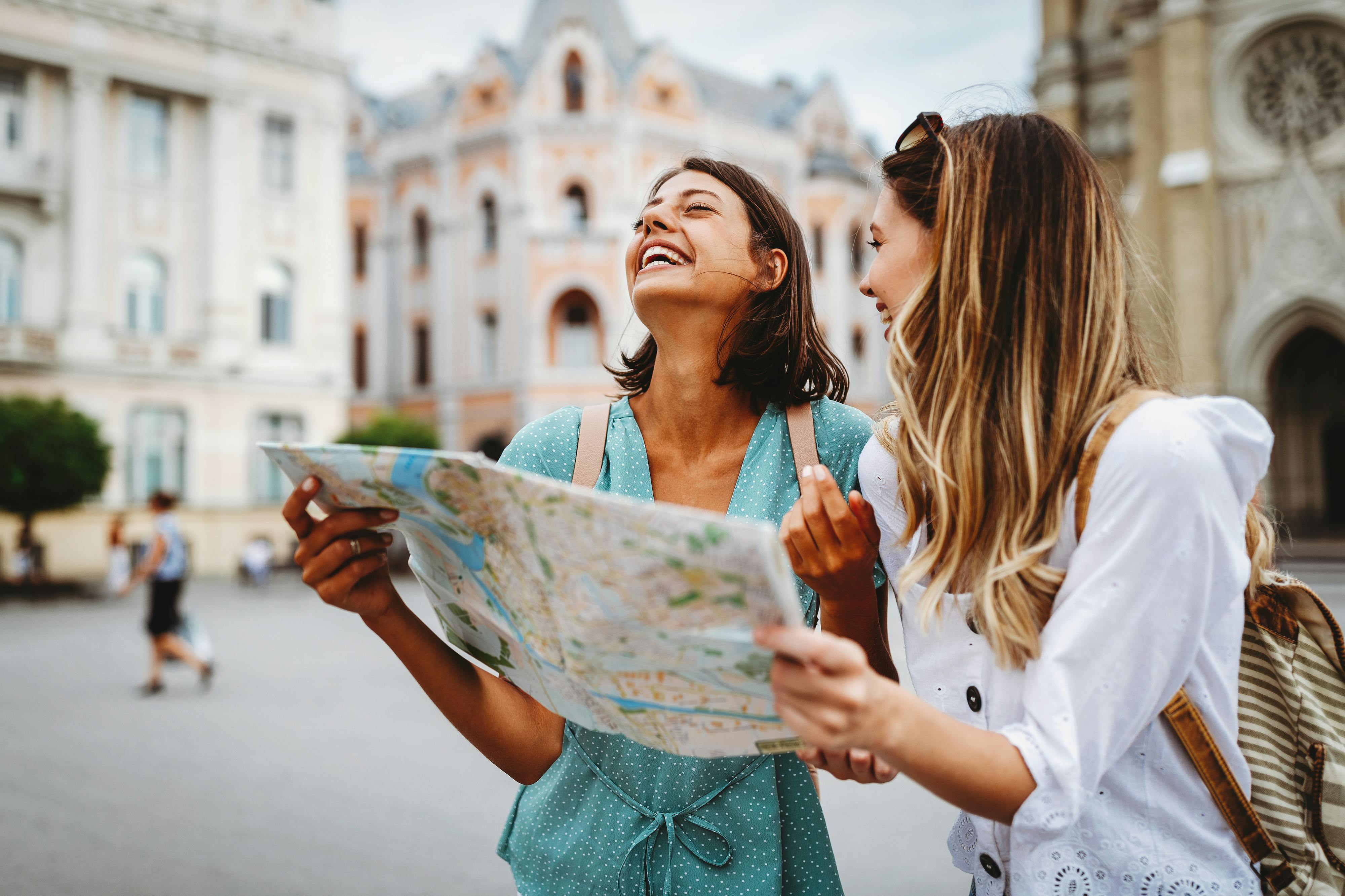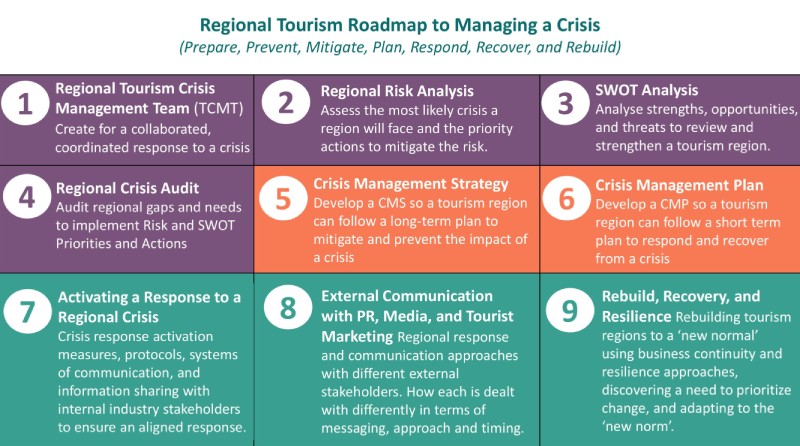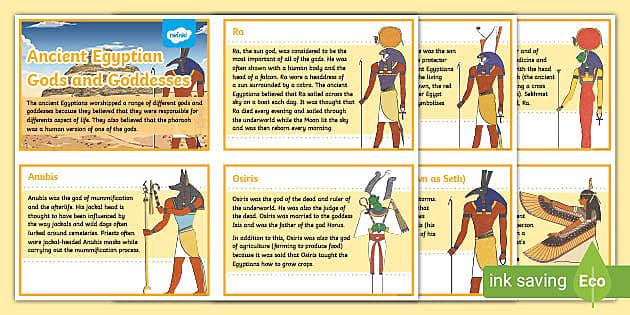Unveiling the Wonders of Tourism: A Guide to Crafting the Perfect Topic
Source: machupicchu.org Understanding Tourism Definition of Tourism Tourism can be defined as the act of traveling away from home for leisure, business, or other purposes. This encompasses the entire experience, including travel, activities, and accommodation. It’s not just about the destination; it’s about the journey and all the memories created along the way. Significance of…

Understanding Tourism
Definition of Tourism
Tourism can be defined as the act of traveling away from home for leisure, business, or other purposes. This encompasses the entire experience, including travel, activities, and accommodation. It’s not just about the destination; it’s about the journey and all the memories created along the way.
Significance of Tourism in the Modern World
In today’s interconnected world, tourism holds immense significance. It not only fuels economies but also fosters cultural exchange. Consider these points:
- Economic Impact : Contributes significantly to GDP for many countries.
- Job Creation : Provides millions of jobs globally, especially in developing regions.
- Cultural Awareness : Encourages understanding and appreciation of diverse cultures.
Ultimately, tourism connects people, offering unforgettable experiences that enrich lives.

Types of Tourism
Cultural Tourism
Cultural tourism invites travelers to immerse themselves in the traditions, history, and art of a destination. Visiting ancient ruins or participating in local festivals provides rich experiences that go beyond typical sightseeing.
Ecotourism
Ecotourism emphasizes responsible travel to natural areas. It encourages sustainable practices while allowing tourists to appreciate wildlife and habitats. Think of hiking in pristine forests or staying at eco-friendly lodges—it’s about enjoying nature while preserving it.
Adventure Tourism
For thrill-seekers, adventure tourism offers exciting activities such as rock climbing, white-water rafting, and zip-lining. Just imagine the adrenaline rush of scaling a mountain or navigating rushing rivers!
Medical Tourism
Medical tourism has grown rapidly, with individuals traveling abroad for affordable or specialized healthcare services. Countries like Thailand and Mexico have become popular destinations for surgeries, wellness retreats, and dental care.
These diverse types of tourism not only cater to individual preferences but also enhance the overall travel experience, turning trips into memorable adventures.

Planning Your Perfect Trip
Destination Selection
Choosing the right destination is crucial for a memorable trip. Consider your interests—be it history, nature, or adventure. For instance, if you love art, a city like Florence may excite you, while nature lovers might prefer the serene landscapes of New Zealand.
Budgeting Tips
Creating a solid budget can significantly enhance your travel experience. Here are some simple tips to consider:
- Set a Total Budget : Decide how much you want to spend overall.
- Break It Down : Allocate amounts for transportation, accommodation, food, and activities.
- Be Flexible : Look for off-peak travel dates to save money.
Transportation and Accommodation
Once your destination and budget are set, research transportation and accommodation options. Websites and apps can help you find reasonable flights and hotels. For example, using comparison sites lets you easily spot the best deals.
Combining these elements effectively can help you plan the perfect trip tailored to your desires and budget!

Sustainable Tourism Practices
Importance of Sustainability in Tourism
As travelers, we have a responsibility to minimize our environmental footprint. Sustainable tourism ensures we enjoy our adventures while protecting the planet for future generations. Consider promoting initiatives like:
- Conservation : Supporting wildlife conservation efforts that preserve biodiversity.
- Community Support : Engaging with local communities to enhance their economy and culture.
Green Initiatives in the Tourism Industry
The tourism industry is increasingly adopting green practices. Many hotels are investing in renewable energy, implementing waste reduction programs, and supporting eco-friendly transportation options.
For instance, you might find resorts that use solar panels or tour operators who emphasize low-impact excursions. By choosing to travel sustainably, you contribute to a healthier planet while enjoying unique experiences that respect nature and culture. It’s a win-win!

Marketing and Promoting Your Tourism Business
Branding Strategies
Building a strong brand is essential for standing out in the tourism industry. A memorable logo, unique selling proposition, and consistent messaging can create a lasting impression. Think about how tour companies like G Adventures emphasize sustainability, making them relatable and appealing to conscious travelers.
Social Media Marketing
Social media platforms serve as powerful tools for tourism marketing. Engaging content can draw in potential customers. Consider the following approaches:
- Visual Storytelling : Share stunning images and videos showcasing destinations.
- User-Generated Content : Encourage travelers to post their experiences using your brand’s hashtag.
- Regular Interaction : Respond to comments and messages to foster a community feel.
Collaborations and Partnerships
Collaborating with other businesses can enhance exposure. Partnerships with local eateries, attractions, or even influencers can broaden reach and tap into new audiences.
For example, consider a local hotel teaming up with a tour guide to offer packages. Such collaborations create value and convenience for travelers, enhancing their overall experience while promoting your services effectively. Together, you can craft unforgettable journeys and grow your brand!

Technology in Tourism
Role of Technology in Enhancing the Tourism Experience
Technology has revolutionized how we travel, making experiences more convenient and enjoyable. For instance, mobile apps can help you book flights, find local attractions, or even navigate new cities easily. Consider how travel planning platforms allow users to create customized itineraries with just a few clicks, saving time and effort.
Trends in Travel Tech
Keeping up with travel tech trends can help enhance your journey. Here are some exciting developments to watch:
- Virtual Reality : Experiencing destinations through VR before visiting.
- Artificial Intelligence : Chatbots providing instant customer service.
- Smart Luggage : Bags with built-in GPS and charging ports.
These trends reflect how technology continues to reshape the tourism landscape, helping travelers create seamless and memorable experiences while exploring the world. Embracing these advancements can elevate every aspect of your travel journey!

Crisis Management in Tourism
Dealing with Natural Disasters
Natural disasters can disrupt travel plans and pose risks to tourists. Effective crisis management involves proactive measures such as:
- Emergency Plans : Having clear evacuation routes and safety protocols.
- Communication : Keeping travelers informed through websites and social media.
- Restoration Plans : Working with local authorities to quickly restore services and infrastructure.
By prioritizing safety, tourism businesses can build trust with their clients.
Handling Pandemics and Health Crises
In recent times, the tourism industry has faced challenges from health crises, especially pandemics. Businesses must be prepared to implement health and safety measures, such as enhanced sanitation protocols and flexible booking options.
Consider how airlines introduced contactless check-ins and hotels adopted strict cleaning standards. These adaptations not only prioritize traveler health but also reassure potential visitors, ultimately paving the way for a resilient tourism sector that can navigate future challenges with confidence.

Future of Tourism
Forecasting Trends in the Tourism Sector
As the tourism sector evolves, it’s essential to stay ahead of emerging trends. Some key forecasts include:
- Sustainable Travel : Increased demand for eco-friendly options and responsible tourism practices.
- Remote Working Adventures : With the rise of remote work, more people are combining work and travel, seeking locations that allow for productivity while providing leisure experiences.
Emerging Destinations
New and exciting destinations are capturing the attention of travelers. For instance, countries like Georgia and Albania are gaining popularity for their stunning landscapes and rich cultures, often at more affordable prices than traditional hotspots.
Exploring these emerging destinations not only provides unique experiences but also supports local economies. By embracing what’s on the horizon, tourists can discover hidden gems and contribute to the sustainable growth of the tourism industry in years to come.






